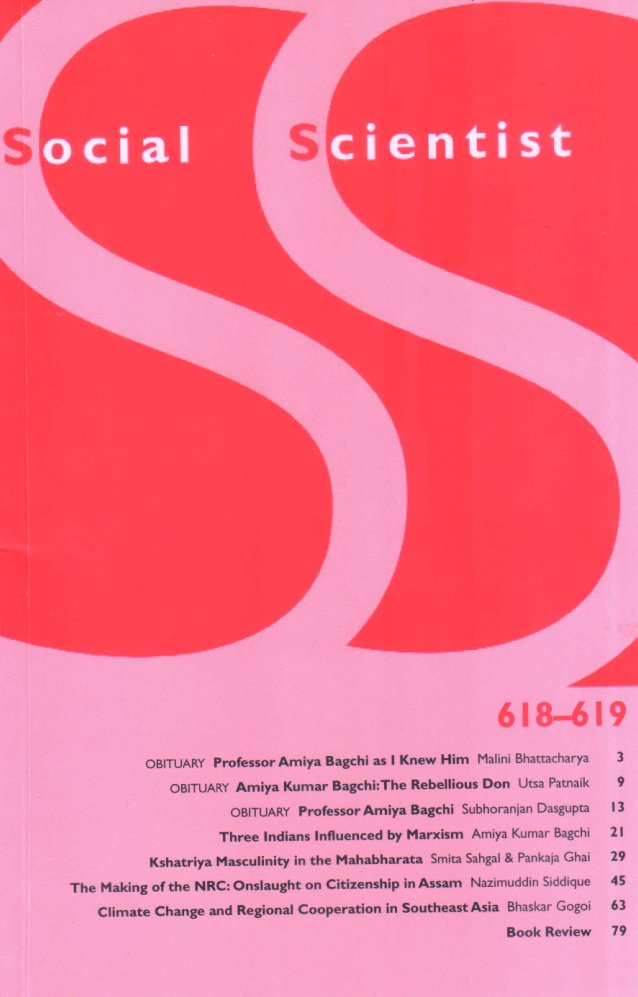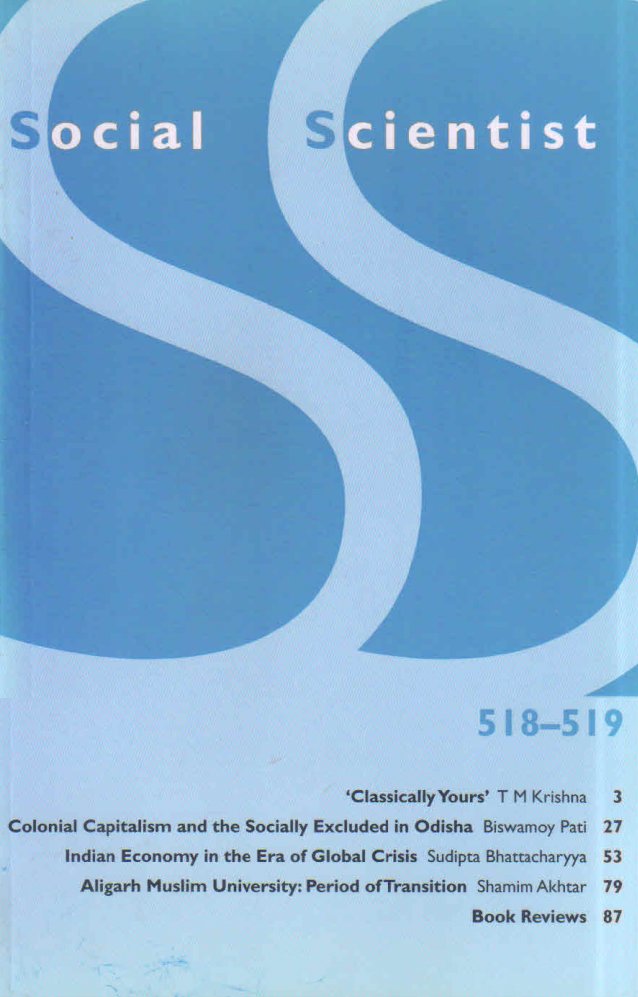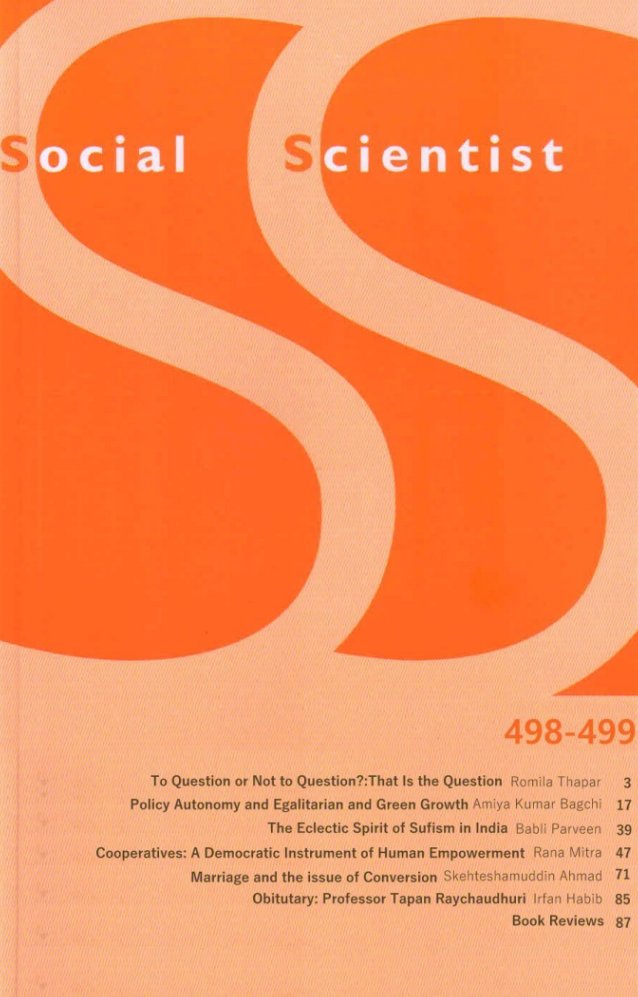British Policy towards Kashmir and the Glancy Commission
Kashmir’s sale to Gulab Singh was disapproved by a section of the British. The London newspapers, which did not like the sale, attributed every kind of treachery and ingratitude to him. Even Hardinge, who had transferred Kashmir to the Dogra chief, confessed that he ‘was the greatest ruffian that ever was created’, and Lord Wellington observed, ‘I could never understand why he [Hardinge] was in such a damned hurry to sell Kashmir.’ Other Englishmen regarded Kashmir ‘as the Eden of Asia, a land of beauty and romance – where the British army could billet in health and comfort all the year round with Hindustan strategically at its feet’. Sir Charles Napier, the English Company’s commander-in-chief, hated Gulab Singh so much that he wanted to launch an attack against him. Although Henry Lawrence was somewhat favourable to the Maharaja, his brother John Lawrence considered him bad and vicious; and Dalhousie, the Governor-General, observed, ‘I think we cannot deny that we transferred Cashemere to Gulab Singh and sold the peoples’ happiness for money’ . . . ‘their fate is at our disposal, and we were to my mind responsible for the cruel fate they suffer’.


